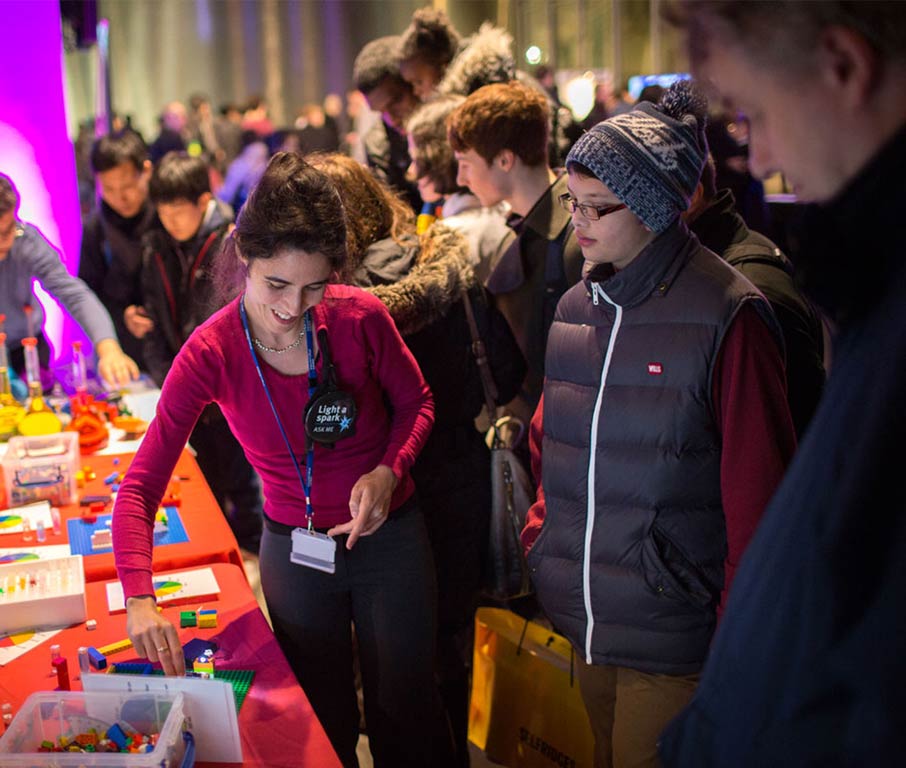Advanced thermo-hydro-mechanical (THM) interactions in underground structures
Started: October 2017
Supervisor: Dr. David Taborda
Funding: President’s PhD Scholarship
Background
Changes in temperature have long been identified as a factor influencing the behaviour of soil surrounding civil engineering structures, although the limited range of temperature variation induced by atmospheric conditions has meant that its explicit incorporation in design procedures was never required. In recent years, however, new ground improvement techniques (thermo-enhanced consolidation), excavation support methods (ground freezing) and renewable ground source energy systems have consolidated the role of temperature a major factor in the design of underground structures.
This research project will focus on further developing ICFEP by implementing computationally-effective techniques to simulate the highly nonlinear, time-dependent behaviour of support systems for underground structures. Moreover, as cement hydration leads to elevation of temperatures, the resulting interaction with the surrounding soil will also be investigated. Particular emphasis will be placed on quantifying transient effects due to construction activities, as well as long-term implications to the performance of the structure, both from a perspective of safety and performance as heat exchanger.
Research Aim
This research project seeks to address the following issues:
1. Establish computationally-efficient techniques of introducing accurate models for shotcrete in the modelling of complex underground structures.
2. Introduce the cement hydration heat explicitly in the analysis of geotechnical structures and assess its impact in the surrounding ground/structures.
3. Devise new methods for the safe, economic and sustainable design for underground structures under isothermal and non-isothermal loading conditions.
Contact Geotechnics
Geotechnics
Civil and Environmental Engineering
Skempton Building
Imperial College London
South Kensington Campus
London, SW7 2AZ
Telephone:
+44 (0)20 7594 6077
Email: j.otoole@imperial.ac.uk
Alternatively, you can find a member of Geotechnics staff on the Department of Civil and Environmental Engineering website.
Follow us on Twitter: @GeotechnicsICL
We are located in the Skempton Building (building number 27 on the South Kensington Campus Map). How to find us
